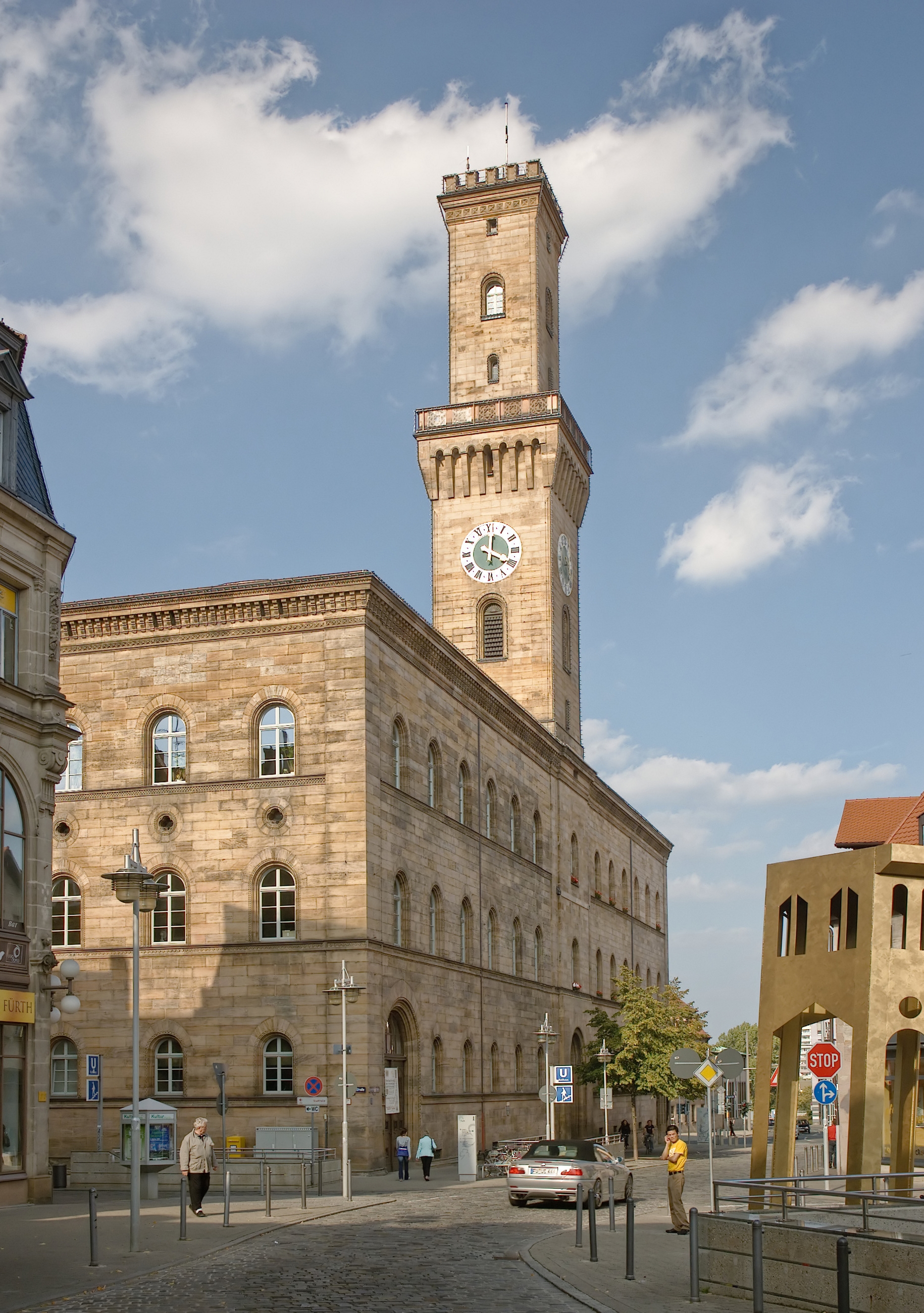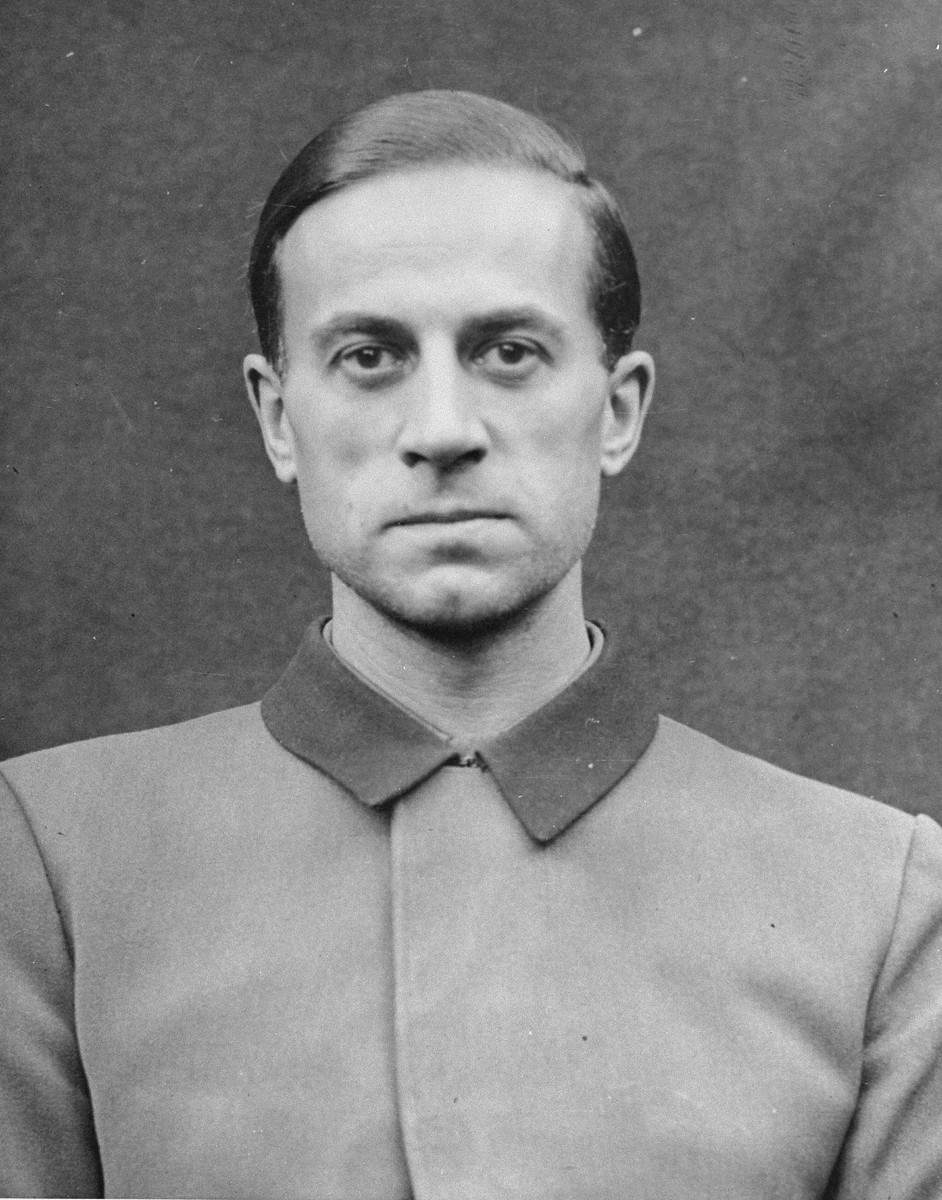|
Andreas Rett
Andreas Rett (2 January 1924 – 25 April 1997) was an Austrian neurologist and author. He is famous for his research on neurodevelopmental disorders, particularly for his description of Rett syndrome, which was named after him, and for pioneering treatment based on the belief that disabled children also have a right to fulfillment of their physical, emotional, and psychological needs. He received many awards, including the Grand Decoration of Honour for Services to the Republic of Austria. Biography Rett was born in Fürth, Germany and went to school in Innsbruck, Austria. His father owned a cleaning services company and wanted his son to follow in his footsteps, but Andreas Rett instead chose to study medicine, resulting in his father disinheriting him. He graduated as a physician in 1949. He then trained in paediatrics, and in 1955 he was appointed head of the facility for children with Down Syndrome at a home for the aged in Lainz, Vienna. In 1963 he built up a factory, in ... [...More Info...] [...Related Items...] OR: [Wikipedia] [Google] [Baidu] |
Fürth
Fürth (; East Franconian German, East Franconian: ; ) is a List of cities and towns in Germany, city in northern Bavaria, Germany, in the administrative division (''Regierungsbezirk'') of Middle Franconia. It is the Franconia#Towns and cities, second-largest city in Franconia and now contiguous with the larger city of Nuremberg, the centres of the two cities being only apart. The city forms a continuous conurbation with the neighbouring cities of Nuremberg, Erlangen and Schwabach, which is the heart of an urban area region with around 1.4 million inhabitants, while the larger Nuremberg Metropolitan Region has a population of approximately 3.6 million. Fürth celebrated its thousand-year anniversary in 2007, its first mention being on 1 November 1007. Geography The historic centre of the town is to the east and south of the rivers Rednitz and Pegnitz River, Pegnitz, which join to form the Regnitz to the northwest of the Old Town. To the west of the town, on the far side ... [...More Info...] [...Related Items...] OR: [Wikipedia] [Google] [Baidu] |
Hietzing
Hietzing () is the 13th Districts of Vienna, district of Vienna (). It is located west of the central districts, west of Meidling. Hietzing is a heavily populated urban area with many residential buildings, but also contains large areas of the Vienna Woods, along with Schönbrunn Palace.Statistik Austria, 2007, webpage statistik.at-23450. Wien.gv.at webpage (see below: References). Geography The thirteenth district is located at the western end of the city where it borders the Vienna Woods, Wienerwald. Liesing is to the south, Meidling, Vienna, Meidling to the east and Penzing (Vienna), Penzing, which was part of Hietzing until 1954, and Rudolfsheim-Fünfhaus, to the north. Most of the northern border is formed by the Wien (river), River Wien. Traditionally, it is subdivided into six parts: ''Hietzing'' (northeast), ''Unter Sankt Veit'' (northwest), ''Ober Sankt Veit'' (west of Unter Sankt Veit), ''Hacking'' (northwest of Ober Sankt Veit), ''Lainz'' (geographic centre) and ... [...More Info...] [...Related Items...] OR: [Wikipedia] [Google] [Baidu] |
Aktion T4
(German, ) was a campaign of Homicide#By state actors, mass murder by involuntary euthanasia which targeted Disability, people with disabilities and the mentally ill in Nazi Germany. The term was first used in post-WWII, war trials against doctors who had been involved in the killings. The name T4 is an abbreviation of 4, a street address of the Chancellery department set up in early 1940, in the Berlin borough of Tiergarten, Berlin, Tiergarten, which recruited and paid personnel associated with Aktion T4. Certain German physicians were authorised to select patients "deemed incurably sick, after most critical medical examination" and then administer to them a "mercy death" (). In October 1939, Adolf Hitler signed a "euthanasia note", backdated to 1 September 1939, which authorised his physician Karl Brandt and ''Reichsleiter'' Philipp Bouhler to begin the killing. The killings took place from September 1939 until the end of World War II in Europe in 1945. Between 275,00 ... [...More Info...] [...Related Items...] OR: [Wikipedia] [Google] [Baidu] |
Academic Staff Of The University Of Vienna
An academy (Attic Greek: Ἀκαδήμεια; Koine Greek Ἀκαδημία) is an institution of tertiary education. The name traces back to Plato's school of philosophy, founded approximately 386 BC at Akademia, a sanctuary of Athena, the goddess of wisdom and skill, north of Athens, Greece. The Royal Spanish Academy defines academy as scientific, literary or artistic society established with public authority and as a teaching establishment, public or private, of a professional, artistic, technical or simply practical nature. Etymology The word comes from the ''Academy'' in ancient Greece, which derives from the Athenian hero, ''Akademos''. Outside the city walls of Athens, the gymnasium was made famous by Plato as a center of learning. The sacred space, dedicated to the goddess of wisdom, Athena, had formerly been an olive grove, hence the expression "the groves of Academe". In these gardens, the philosopher Plato conversed with followers. Plato developed his sessions ... [...More Info...] [...Related Items...] OR: [Wikipedia] [Google] [Baidu] |
University Of Innsbruck Alumni
A university () is an institution of tertiary education and research which awards academic degrees in several academic disciplines. ''University'' is derived from the Latin phrase , which roughly means "community of teachers and scholars". Universities typically offer both undergraduate and postgraduate programs. The first universities in Europe were established by Catholic monks. The University of Bologna (), Italy, which was founded in 1088, is the first university in the sense of: *being a high degree-awarding institute. *using the word (which was coined at its foundation). *having independence from the ecclesiastic schools and issuing secular as well as non-secular degrees (with teaching conducted by both clergy and non-clergy): grammar, rhetoric, logic, theology, canon law and notarial law.Hunt Janin: "The university in medieval life, 1179–1499", McFarland, 2008, , p. 55f.de Ridder-Symoens, Hilde''A History of the University in Europe: Volume 1, Universities in the Midd ... [...More Info...] [...Related Items...] OR: [Wikipedia] [Google] [Baidu] |
Austrian Neurologists
Austrian may refer to: * Austrians, someone from Austria or of Austrian descent ** Someone who is considered an Austrian citizen * Austrian German dialect * Something associated with the country Austria, for example: ** Austria-Hungary ** Austrian Airlines (AUA) ** Austrian cuisine ** Austrian Empire ** Austrian monarchy ** Austrian German (language/dialects) ** Austrian literature ** Austrian nationality law ** Austrian Service Abroad ** Music of Austria **Austrian School of Economics * Economists of the Austrian school of economic thought * The Austrian Attack variation of the Pirc Defence chess opening. See also * * * Austria (other) * Australian (other) * L'Autrichienne (other) is the feminine form of the French word , meaning "The Austrian". It may refer to: *A derogatory nickname for Queen Marie Antoinette of France ** ''L'Autrichienne'' (film), a 1990 French film on Marie Antoinette with Ute Lemper * ''L'Autrichienn ... {{disambig Lang ... [...More Info...] [...Related Items...] OR: [Wikipedia] [Google] [Baidu] |
Austrian Nazis
Austrian Nazism or Austrian National Socialism was a pan-German movement that was formed at the beginning of the 20th century. The movement took a concrete form on 15 November 1903 when the German Worker's Party (DAP) was established in Austria with its secretariat stationed in the town of Aussig (now Ústí nad Labem in the Czech Republic). It was suppressed under the rule of Engelbert Dollfuss (1932–34), with its political organization, the DNSAP ("German National Socialist Workers' Party") banned in early 1933, but was revived and made part of the German Nazi Party after the German annexation of Austria in 1938. Origins Franko Stein from Eger (now Cheb, Czech Republic) and an apprentice bookbinder Ludwig Vogel from Brüx (now Most, Czech Republic), organised the ''Deutschnationaler Arbeiterbund'' (German National Workers' League) in 1893. It was a collection of labourers, apprentices, and trade unionists from the railroads, mines, and textile industries, who upheld ... [...More Info...] [...Related Items...] OR: [Wikipedia] [Google] [Baidu] |
Austrian Medical Writers
Austrian may refer to: * Austrians, someone from Austria or of Austrian descent ** Someone who is considered an Austrian citizen * Austrian German dialect * Something associated with the country Austria, for example: ** Austria-Hungary ** Austrian Airlines (AUA) ** Austrian cuisine ** Austrian Empire ** Austrian monarchy ** Austrian German (language/dialects) ** Austrian literature ** Austrian nationality law ** Austrian Service Abroad ** Music of Austria ** Austrian School of Economics * Economists of the Austrian school of economic thought * The Austrian Attack variation of the Pirc Defence chess opening. See also * * * Austria (other) * Australian (other) Australian(s) may refer to: Australia * Australia, a country * Australians, citizens of the Commonwealth of Australia ** European Australians ** Anglo-Celtic Australians, Australians descended principally from British colonists ** Aboriginal Aus ... * L'Autrichienne (other) {{disambig ... [...More Info...] [...Related Items...] OR: [Wikipedia] [Google] [Baidu] |
Austrian Male Writers
Austrian may refer to: * Austrians, someone from Austria or of Austrian descent ** Someone who is considered an Austrian citizen * Austrian German dialect * Something associated with the country Austria, for example: ** Austria-Hungary ** Austrian Airlines (AUA) ** Austrian cuisine ** Austrian Empire ** Austrian monarchy ** Austrian German (language/dialects) ** Austrian literature ** Austrian nationality law ** Austrian Service Abroad ** Music of Austria ** Austrian School of Economics * Economists of the Austrian school of economic thought * The Austrian Attack variation of the Pirc Defence chess opening. See also * * * Austria (other) * Australian (other) Australian(s) may refer to: Australia * Australia, a country * Australians, citizens of the Commonwealth of Australia ** European Australians ** Anglo-Celtic Australians, Australians descended principally from British colonists ** Aboriginal Aus ... * L'Autrichienne (other) {{disambig L ... [...More Info...] [...Related Items...] OR: [Wikipedia] [Google] [Baidu] |
People From Fürth
The term "the people" refers to the public or common mass of people of a polity. As such it is a concept of human rights law, international law as well as constitutional law, particularly used for claims of popular sovereignty. In contrast, a people is any plurality of persons considered as a whole. Used in politics and law, the term "a people" refers to the collective or community of an ethnic group or nation. Concepts Legal Chapter One, Article One of the Charter of the United Nations states that "peoples" have the right to self-determination. Though the mere status as peoples and the right to self-determination, as for example in the case of Indigenous peoples (''peoples'', as in all groups of indigenous people, not merely all indigenous persons as in ''indigenous people''), does not automatically provide for independent sovereignty and therefore secession. Indeed, judge Ivor Jennings identified the inherent problems in the right of "peoples" to self-determination, as i ... [...More Info...] [...Related Items...] OR: [Wikipedia] [Google] [Baidu] |




